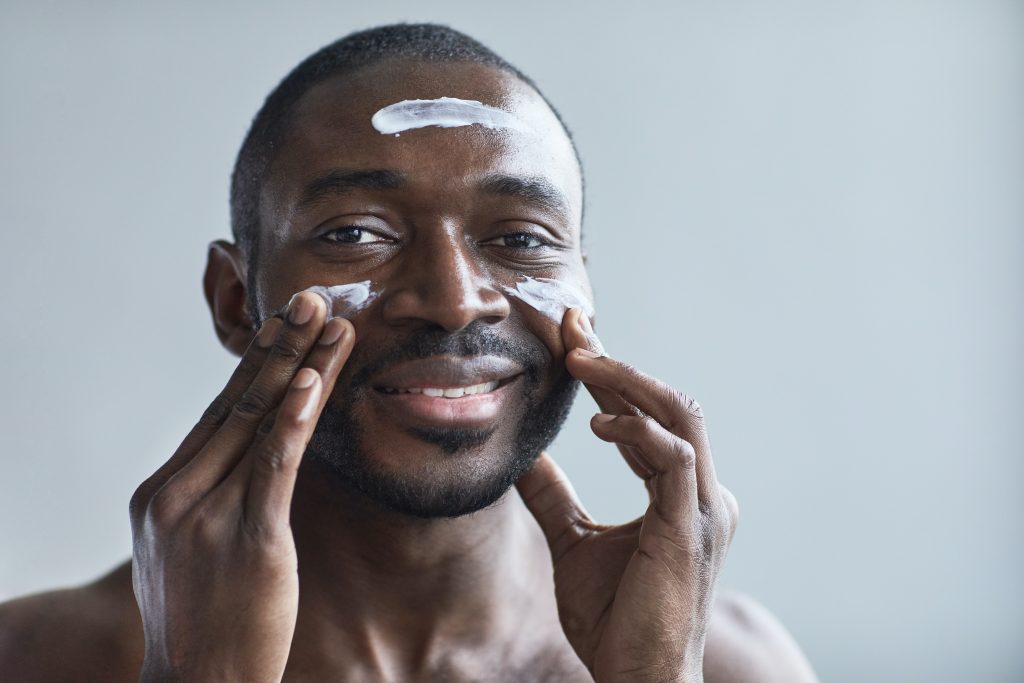Dry Skin: 3 Signs That Indicate Lack Of Skin Care May Not Be The Only Problem
You already know (or at least your dry, cracked heels, knuckles, and cheeks do) that the winter is harsh on the skin. However, eczema and psoriasis are more significant skin conditions than chapped skin, which only indicates your skin needs more moisture. An itchy rash and discoloration of the skin characterize both conditions.
That’s basically the only way to distinguish them; otherwise, they might be interchangeable.
Are you still confused about the nature of the issue? If you suspect that your skin problems may be more serious, read on.

When your skin is dry and cracked, and water does nothing for you.
If a hefty application of moisturizer helps your dry skin, it’s probably just winter dry. However, psoriasis may be present if the skin is dry, flaky, and covered with what appear to be thick, well-defined, red, scaly areas.
In its earliest stages, psoriasis frequently manifests as dry skin or itchy skin with no outward indications of the disease.
Your skin is intensely itchy.
Slight dryness of the skin might be irritating. But if it persists despite numerous applications of lotion, it could indicate a more serious condition like eczema or psoriasis.

According to the NPF, people with both illnesses may experience painful or irritating itching or burning of the skin. That’s especially true among persons with eczema.
When you’re experiencing outbreaks where you least expect them: on your knees and elbows.
You have more than simply dry skin, and the location is a huge giveaway. Psoriasis can form everywhere on the body, including the belly button, scalp, and more. However, doctors say it most frequently appears behind the elbows and on the front of the knees.
On the other hand, eczema involves different places, appearing in the crook of the elbows and the back of the knees.
If you have psoriasis, it can disrupt your life significantly. However, you don’t have to let it stand in the way, and you can continue living as you do now. Talk to a professional, and they’ll help you learn how to go about your life despite your diagnosis.
